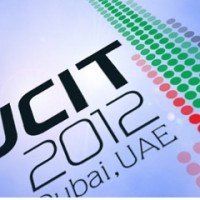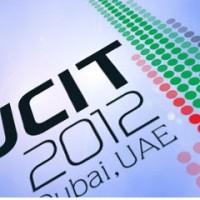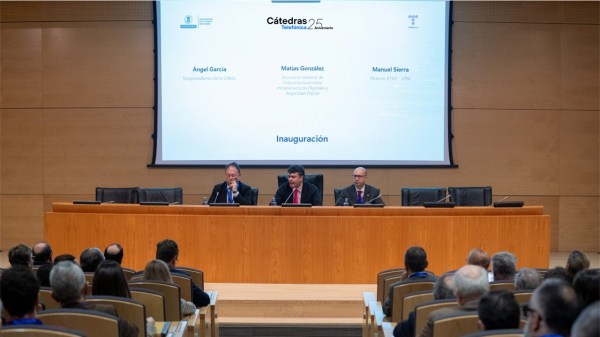The World Conference on International Telecommunications, in charge of the review of the International Telecommunication Regulations Treaty of 1988 ended last Friday the 14th December in Dubai. After several years of preparation, a final year swamped with meetings, seminars, discussions, interviews, statements, posts, etc. and two intensive weeks of debates and working groups in Dubai, the ITU Member States hasten the result of the Conference in the latest minutes of a morning session on the last day.
Against this backdrop, this outcome could be understood as if the process finished as expected, that is with an agreement on a final consensus text at the very last moment. But this is not the case. On the contrary, it showed the real division stated since the beginning of the preparatory process.
What are the outcomes? 55 countries have not signed the final acts. Many of them have officially expressed their reservations if in the future they adhere to the Treaty. 89 countries have signed, but also with the usual reservations in these cases. The first group includes USA, Canada, Japan, Australia, European countries and some from Latin American. On the side of the signatories most of them are African and Arab countries, China, Russia and countries of its influence area.
What have been the reasons for not signing? Fundamentally, they could be put into two different groups:
– Firstly those expressed publicly arguing that the Treaty invades the world of the Internet and its governance,
– And secondly, those that are in mind of all, but one cannot be expressed publicly for political or diplomatic reasons.
In the first group, one could find, first and foremost, the opposition to Resolution 3 that “(To) foster an enabling environment for the growth of the Greater Internet” and “invite Member States to elaborate on their respective positions on international Internet-related technical, development and public-policy issues within the mandate of ITU (…) ”
All along the inclusion of the Internet in the new ITRs has been the hard trial to overcome and even thought the new Treaty does not regulate the Internet in any extent (and the Resolutions are not part of the Treaty itself but statements of “good wishes”), the mere mention of the Internet unlashed the general opposition of the USA and its allies. .
Another reason was the opposition to include the spam issue in the ITRs, despite a vague wording: “Should Member States endeavor to Take Necessary Measures to prevent the propagation of unsolicited bulk electronic communications and minimize its impact on international telecommunication services”.
Additionally, one could add the fear that the provision related to network security could be interpreted as an open door to censorship or control of the contents elicited sound opposition, even though it has been clarified in another provision: “These Regulations do not address the content-related aspects of telecommunications”.
And finally, one could mention other reasons that focus around provisions susceptible of unwanted interpretations: Defining Operating Agency Authorized or scope of “Services Offered to the public”.
In the second group, one could include the confusing stance management of European countries. The European Commission led the position decided while it had not led the preparatory process but the CEPT, who had devoted many meetings and discussions to prepare the European Common Proposals for the WCIT.
All in all, the matter of fact is that this change of roles during the Conference hinders the European countries to take their own decisions more freely.
USA and its allies, for their part, set from the onset of the process firm and radical red lines that made very difficult, in practice, to negotiate concessions, even when they were minor changes.
The dynamics of the Conference also contributed to its “no success”, precisely because the excessive proliferation of ad-hoc and coordination groups prevented delegations to participate in all the discussions they would have wanted to. One of these working groups, with restricted participation, negotiated the most sensitive issues as a package but did not reach a stable agreement and added confusion to the process.
Finally, an untimely request for a vote on the issue of human rights – which are not objectively matter of a Treaty on Telecommunications – precipitated the well-known outcome.
To sum up, the new Treaty has made progress in updating some aspects of international telecommunications, such as charging and accounting or roaming but the confrontation between developing and developed countries on the Internet and its governance is now a given.
Many questions remain open markedly the universality of the Treaties on Telecommunication and the divide of the regulation in this matter.
In any case, the ICT and telecom sector is the most relevant driver of growth and wealth of the XXIst Century and thereby is in the interest of all stakeholders to find a path of consensus and collaboration. So let´s see what 2013 will bring to us and let´s work in this way!












